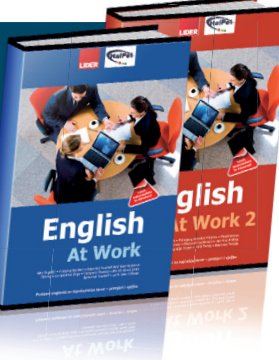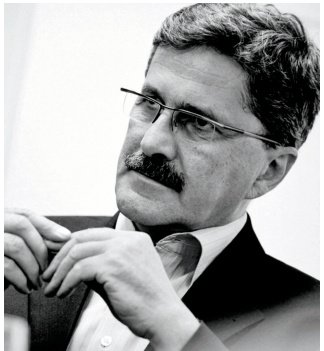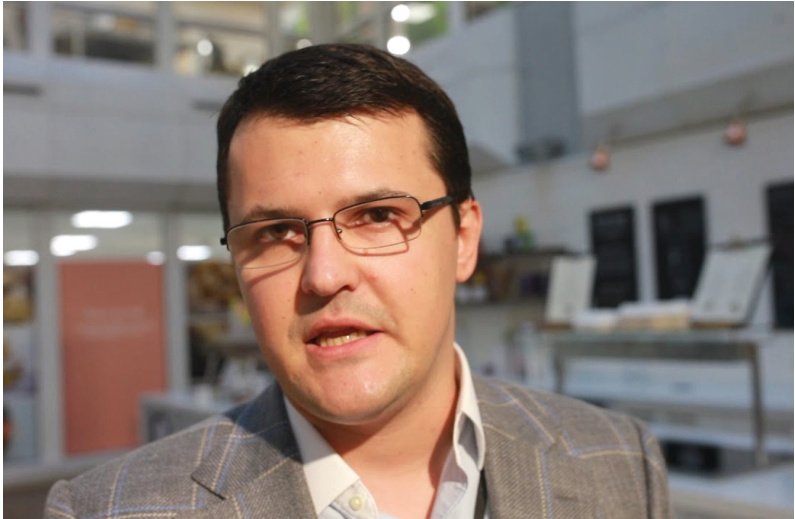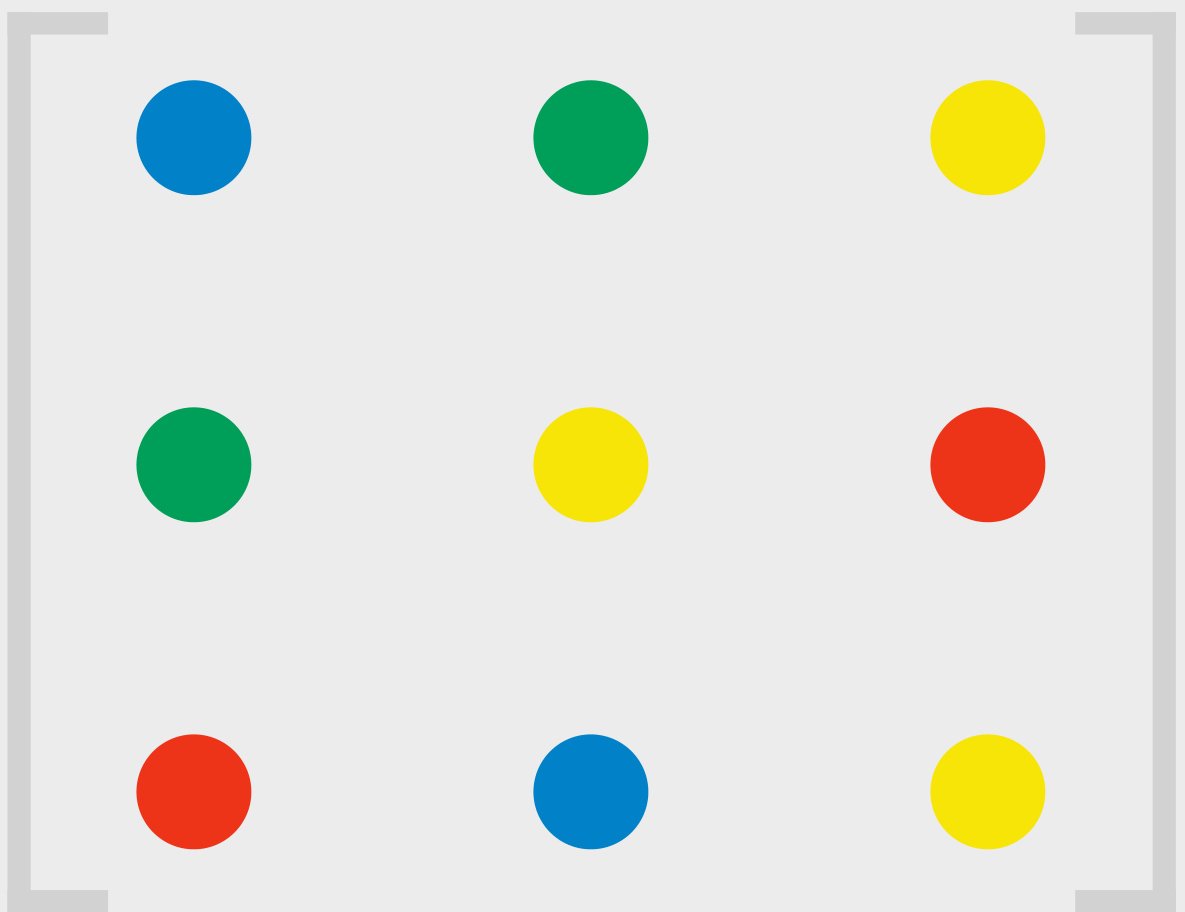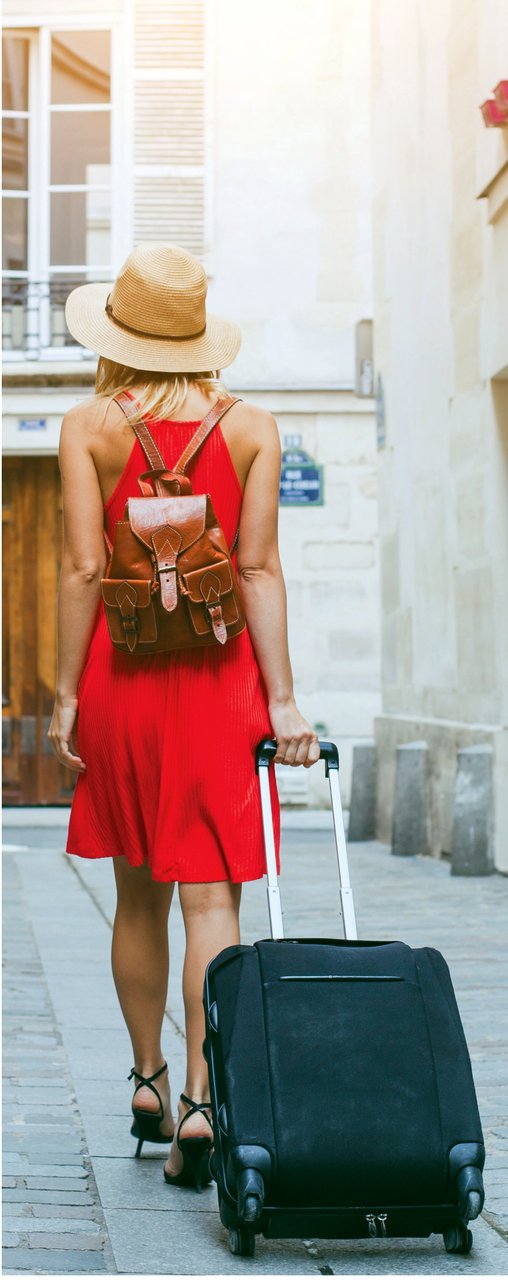Sometimes we find it difficult to come up with words for everyday activities such as ‘podići novac s bankomata’ while at the same we use the most complex terms from the area of our expertise with ease. This unit on personal finance will help us in this field.
We use many different banking products. Most of us have a current account at the local branch of one of the big high-street banks used for paying by debit card and paying bills. Other accounts include a joint account, owned by two or more persons and common abroad, and a deposit account, which is not a standard banking product outside Croatia and is normally opened at a post office. Normally, everyone’s is trying to be in the deposit account, but sometimes you spend more money than you have in the account; this is called overdraft and it is agreed by the bank, but you pay a high interest rate on it. You are then in the red or, to put it differently, you are overdrawn.
If you have some money to put aside, it’s a good idea to open a deposit account or savings account. This account pays you interest, but not very much. For a longer term savings account i.e. term deposit you will have limited access to your savings in exchange for a higher interest rate.
There are two common ways for bills to be paid directly from your bank account – direct debit and standing order. In the US and Britain, both are commonly used to make payments of all sorts of bills from mortgages and loans to credit card bills, council tax and utility bills.
